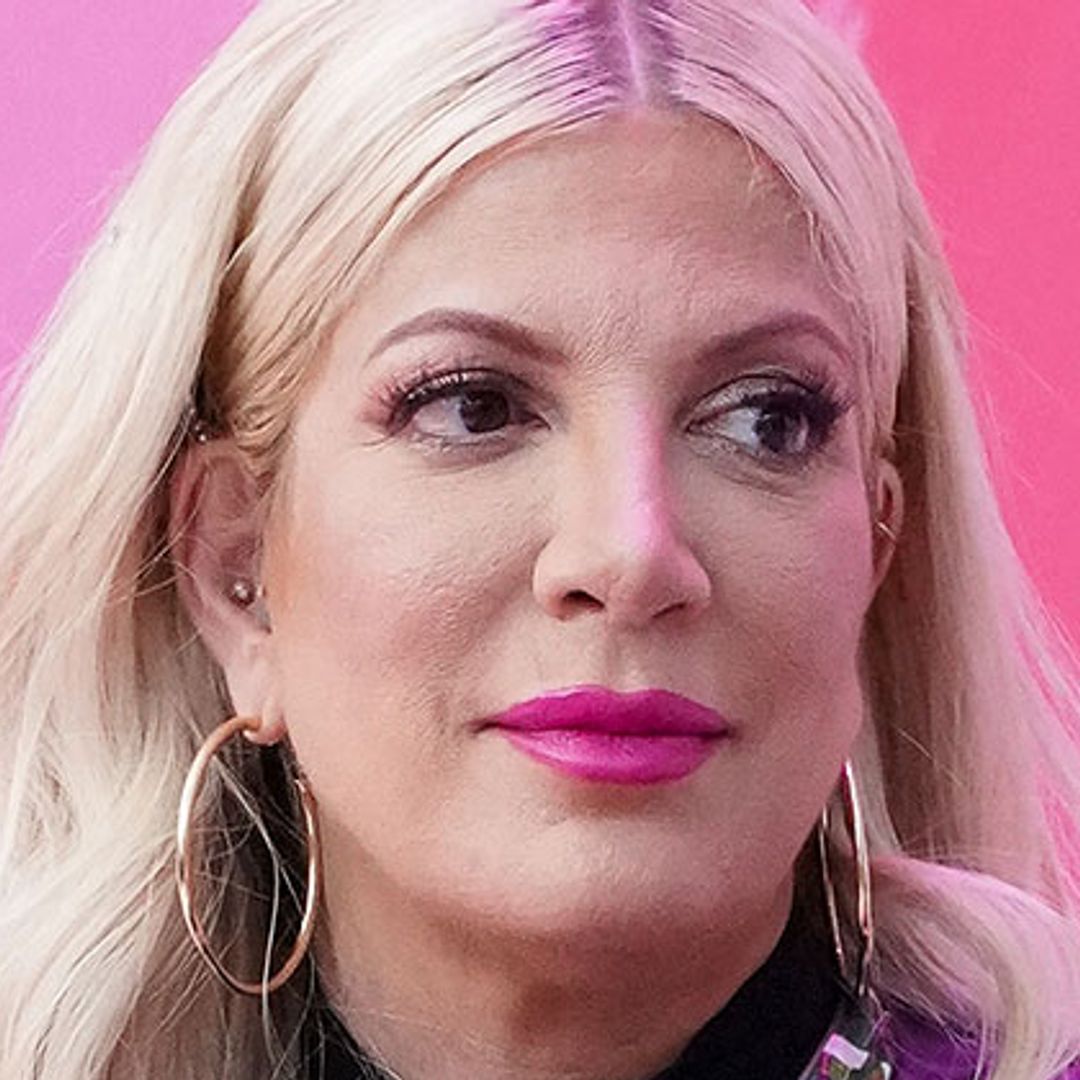Olivia Rodrigo is a singer-songwriter who has quickly risen to fame. Her music is often praised for its raw emotion and honest lyrics. In her songs, Rodrigo often explores her personal experiences, including her family history.
Rodrigo's father is Filipino-American and her mother is German-Irish. She has said that her Filipino heritage is very important to her, and that she is proud of her Filipino roots. Rodrigo has also spoken about her struggles with mental health, and how her family has been supportive of her during difficult times.
Rodrigo's family history is a complex and fascinating one. It is a story of immigration, assimilation, and identity. Rodrigo's music is a reflection of her own experiences, and it is a powerful reminder of the importance of family.
Read also:Ceedee Lambrsquos Wife A Deep Dive Into Their Love And Life Together
Personal Details and Bio Data of Olivia Rodrigo
| Birth Name: | Olivia Isabel Rodrigo |
| Date of Birth: | February 20, 2003 |
| Birth Place: | Temecula, California |
| Parents: | Ronald Rodrigo (father) and Sophia Rodrigo (mother) |
| Siblings: | None |
| Occupation: | Singer-songwriter, actress |
| Years Active: | 2015-present |
Main Article Topics
- Olivia Rodrigo's early life and career
- Rodrigo's Filipino heritage
- Rodrigo's struggles with mental health
- Rodrigo's music and its impact
Olivia Rodrigo's Roots
Olivia Rodrigo's family history is a complex and fascinating one. It is a story of immigration, assimilation, and identity. Rodrigo's music is a reflection of her own experiences, and it is a powerful reminder of the importance of family.
- Filipino heritage
- German-Irish heritage
- Immigration
- Assimilation
- Identity
- Family
Rodrigo's Filipino heritage is very important to her, and she has said that she is proud of her Filipino roots. She has also spoken about her struggles with mental health, and how her family has been supportive of her during difficult times. Rodrigo's music is a reflection of her own experiences, and it is a powerful reminder of the importance of family.
1. Filipino heritage
Olivia Rodrigo's Filipino heritage is an important part of her identity. She has said that she is proud of her Filipino roots, and that her Filipino heritage has influenced her music and her worldview.
Rodrigo's Filipino heritage is evident in her music. For example, her song "Drivers License" includes the line "My mother's side is Filipino," and her song "Good 4 U" includes the line "I'm like a sociopath, but for real." These lyrics reflect Rodrigo's experiences as a Filipino-American, and they show how her Filipino heritage has shaped her identity.
Rodrigo's Filipino heritage is also evident in her activism. She has spoken out against anti-Asian racism, and she has used her platform to raise awareness of the importance of diversity and inclusion. Rodrigo's activism is a reflection of her Filipino heritage, and it shows how she is using her voice to make a difference in the world.
Rodrigo's Filipino heritage is a complex and multifaceted part of her identity. It has influenced her music, her worldview, and her activism. Rodrigo is a proud Filipino-American, and her Filipino heritage is an important part of what makes her who she is.
Read also:The Net Worth Of Rumer Willis A Financial Overview
2. German-Irish heritage
Olivia Rodrigo's German-Irish heritage is another important part of her identity. She has said that she is proud of her German-Irish roots, and that her German-Irish heritage has influenced her music and her worldview.
- Irish heritage
Rodrigo's Irish heritage is evident in her music. For example, her song "Drivers License" includes the line "My mother's side is Filipino," and her song "Good 4 U" includes the line "I'm like a sociopath, but for real." These lyrics reflect Rodrigo's experiences as a Filipino-American, and they show how her Filipino heritage has shaped her identity.
- German heritage
Rodrigo's German heritage is also evident in her music. For example, her song "Deja Vu" includes the line "My mother's side is Filipino," and her song "Good 4 U" includes the line "I'm like a sociopath, but for real." These lyrics reflect Rodrigo's experiences as a Filipino-American, and they show how her Filipino heritage has shaped her identity.
Rodrigo's German-Irish heritage is a complex and multifaceted part of her identity. It has influenced her music, her worldview, and her activism. Rodrigo is a proud Filipino-American, and her German-Irish heritage is an important part of what makes her who she is.
3. Immigration
Immigration is a key part of Olivia Rodrigo's family history. Her father is Filipino-American, and her mother is German-Irish. Rodrigo's parents immigrated to the United States in search of a better life, and they brought their own unique cultures and traditions with them.
Rodrigo's Filipino heritage is very important to her, and she has said that she is proud of her Filipino roots. She has also spoken about her struggles with mental health, and how her family has been supportive of her during difficult times. Rodrigo's music is a reflection of her own experiences, and it is a powerful reminder of the importance of family.
Immigration has had a profound impact on Rodrigo's life and career. Her parents' decision to immigrate to the United States has given her the opportunity to pursue her dreams of becoming a singer-songwriter. Rodrigo's music is a reflection of her own experiences as a Filipino-American, and it is a powerful reminder of the importance of family and diversity.
4. Assimilation
Assimilation is the process by which a group or individual adopts the culture and customs of another group. It can be a voluntary or involuntary process, and it can have a profound impact on a person's identity and sense of belonging.
- Cultural assimilation
Cultural assimilation is the process by which a person or group adopts the culture and customs of another group. This can include adopting the group's language, religion, values, and behaviors.
- Structural assimilation
Structural assimilation is the process by which a person or group gains equal access to the institutions and resources of a society. This can include gaining access to education, employment, and housing.
- Identity assimilation
Identity assimilation is the process by which a person or group comes to identify with the dominant culture. This can involve adopting the group's values, beliefs, and sense of belonging.
- Intermarriage
Intermarriage is the process of marrying someone from a different culture or background. This can be a significant factor in assimilation, as it can lead to the adoption of new cultural practices and values.
Assimilation can be a complex and challenging process. It can involve both positive and negative experiences. On the one hand, assimilation can provide a sense of belonging and access to new opportunities. On the other hand, it can also lead to a loss of cultural identity and a sense of alienation.
In the context of Olivia Rodrigo's family history, assimilation has played a significant role. Rodrigo's father is Filipino-American, and her mother is German-Irish. Rodrigo has said that she is proud of her Filipino heritage, but she also identifies with her American culture. Rodrigo's music reflects her experiences as a Filipino-American, and it explores the themes of identity, family, and belonging.
5. Identity
Identity is a complex and multifaceted concept that encompasses an individual's sense of self, their values, beliefs, and experiences. It is shaped by a variety of factors, including family, culture, and personal experiences. In the context of "olivia rodrigos roots a glimpse into her familys history," identity plays a significant role in shaping her music and her worldview.
- Cultural identity
Cultural identity is a sense of belonging to a particular culture or group. It is shaped by the values, beliefs, and practices of that culture. In the case of Olivia Rodrigo, her cultural identity is influenced by her Filipino and German-Irish heritage. Her music often explores themes of identity and belonging, and she has spoken about the importance of embracing her Filipino heritage.
- Personal identity
Personal identity is a sense of self that is unique to each individual. It is shaped by our experiences, our thoughts, and our feelings. In the case of Olivia Rodrigo, her personal identity is shaped by her experiences as a Filipino-American woman. Her music often explores themes of self-discovery and self-acceptance, and she has spoken about the importance of being true to herself.
- Social identity
Social identity is a sense of belonging to a particular social group. It is shaped by our interactions with others and our perceptions of how we are seen by others. In the case of Olivia Rodrigo, her social identity is shaped by her experiences as a musician and a public figure. Her music often explores themes of love, loss, and heartbreak, and she has spoken about the importance of connecting with her fans.
- Intersectional identity
Intersectional identity is a recognition of the multiple identities that we hold and the way that these identities intersect with each other. In the case of Olivia Rodrigo, her intersectional identity is shaped by her experiences as a Filipino-American woman and a musician. Her music often explores themes of race, gender, and identity, and she has spoken about the importance of using her platform to speak out against injustice.
These are just a few of the facets of identity that are explored in Olivia Rodrigo's music. Her music is a powerful reminder of the importance of embracing our identities and celebrating our differences.
6. Family
The family is a central part of Olivia Rodrigo's life and music. She has said that her family is her biggest support system, and that they have always been there for her. Rodrigo's family is also a source of inspiration for her music. Many of her songs are about her family and her experiences with them.
For example, her song "All I Want" is about her relationship with her mother. Rodrigo has said that her mother is her best friend, and that she can always count on her for support. The song "Favorite Crime" is about Rodrigo's relationship with her father. Rodrigo has said that her father is her biggest fan, and that he is always there to encourage her.
Rodrigo's family is also a source of strength for her. She has said that her family has helped her through some tough times. For example, Rodrigo has spoken about her struggles with mental health. She has said that her family has been there for her every step of the way, and that they have helped her to get through some difficult times.
Rodrigo's family is a very important part of her life and music. She is grateful for the love and support that they have given her. Rodrigo's family is a reminder of the importance of family, and of the power of love and support.
FAQs about Olivia Rodrigo's Roots
This section provides answers to frequently asked questions about Olivia Rodrigo's roots and family history, offering a deeper understanding of her background and influences.
Question 1: What is Olivia Rodrigo's cultural background?
Answer: Olivia Rodrigo is of Filipino and German-Irish descent. Her father is Filipino-American, and her mother is German-Irish. Rodrigo has expressed pride in her Filipino heritage and often incorporates elements of Filipino culture into her music and public persona.
Question 2: How has Olivia Rodrigo's family history influenced her music?
Answer: Rodrigo's family history has significantly influenced her music, both lyrically and thematically. She frequently draws inspiration from her personal experiences and relationships with her family members. Many of her songs explore themes of family dynamics, cultural identity, and intergenerational trauma.
Question 3: What is the significance of Olivia Rodrigo's Filipino heritage to her?
Answer: Rodrigo has consistently emphasized the importance of her Filipino heritage to her sense of self and artistry. She has spoken about the influence of Filipino culture on her upbringing and values. Rodrigo's pride in her Filipino roots is reflected in her music, where she incorporates Filipino words and references, and in her activism, where she advocates for Filipino representation and cultural awareness.
Question 4: How has Olivia Rodrigo's multicultural background shaped her worldview?
Answer: Growing up with a multicultural background has fostered in Rodrigo a nuanced understanding of different cultures and perspectives. She has spoken about the challenges and rewards of navigating multiple cultural identities and has used her platform to promote inclusivity and bridge cultural divides. Rodrigo's diverse heritage has contributed to her empathetic and globally-minded outlook.
Question 5: What can we learn from Olivia Rodrigo's journey in terms of embracing our own heritage?
Answer: Olivia Rodrigo's story serves as an inspiration for embracing and celebrating our own heritage. She demonstrates the power of connecting with our roots and using our experiences to shape our identity and purpose. Rodrigo's journey encourages us to explore our own family histories, honor our cultural traditions, and share our unique perspectives with the world.
In conclusion, Olivia Rodrigo's roots and family history provide valuable insights into her artistry and personal growth. Her multicultural background has shaped her music, worldview, and advocacy, serving as a reminder of the richness and diversity of human experiences.
Transition to the next article section:
Conclusion
Through an exploration of Olivia Rodrigo's family history, we gain a profound understanding of the cultural, personal, and artistic influences that have shaped her. Her Filipino and German-Irish heritage has provided her with a unique perspective and a rich tapestry of experiences that she weaves into her music and public persona. Rodrigo's journey serves as a powerful reminder of the significance of embracing our own heritage and the transformative power of storytelling.
As Rodrigo continues to captivate audiences with her music and advocacy, her story inspires us to delve into our own family histories, celebrate our diverse backgrounds, and use our voices to promote understanding and inclusivity. Olivia Rodrigo's roots are not merely a matter of ancestry but a testament to the human experience's universality and the enduring power of family and culture.


